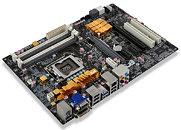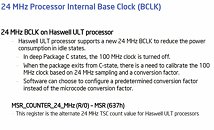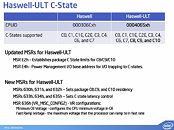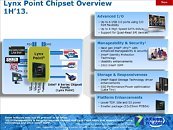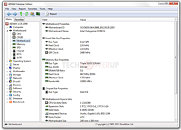Acromag Announces the XCOM-6400 COM Module with 4th Gen. Core
Acromag's XCOM-6400 COM Express Module provides a high-performance processor in a package that is small, light, and very power-efficient. The XCOM-6400 is a Type 6 Basic COM Express module that is available with a choice of Intel's 4th-generation Core i7 or i5 Haswell CPU and Intel's 8-Series QM87 PCH chipset, formerly known as Lynx Point. The XCOM-6400 provides heat sink capabilities not available on traditional COM Express designs.
Conduction-cooled rails establish a new design opportunity for carrier cards. An innovative SODIMM hold-down method ensures secure connections while still allowing users to remove or upgrade the memory. Additional heat management technologies include heat spreader plates plus options such as cooling fins and a fan. Ruggedly designed for use in defense, aerospace, and industrial applications; this COM Express module features an extra-thick circuit board, advanced thermal management, and extended operating temperature ranges.
Conduction-cooled rails establish a new design opportunity for carrier cards. An innovative SODIMM hold-down method ensures secure connections while still allowing users to remove or upgrade the memory. Additional heat management technologies include heat spreader plates plus options such as cooling fins and a fan. Ruggedly designed for use in defense, aerospace, and industrial applications; this COM Express module features an extra-thick circuit board, advanced thermal management, and extended operating temperature ranges.






